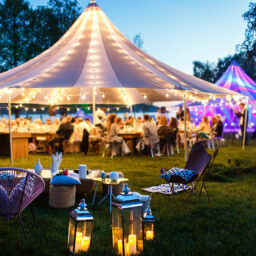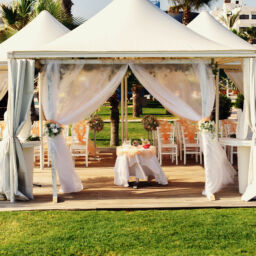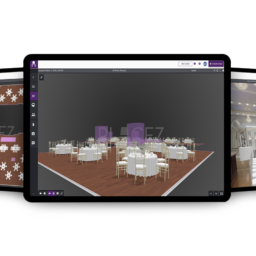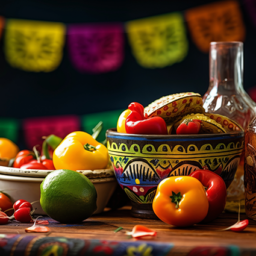In event management, “Event Planner” and “Event Coordinator” are often used interchangeably. However, there are distinct differences between the two roles, each requiring a unique set of skills and responsibilities. Understanding these differences is crucial for anyone aspiring to enter the field. Whether you’re drawn to the creative aspects of planning or the logistical challenges of coordinating, this guide will help you decide which career path is right for you.
What is an Event Planner?
Responsibilities
Event planners are the visionaries behind events. They are responsible for conceptualizing and organizing events from the ground up. This includes:
- Initial Consultation: Meeting with clients to understand their vision, goals, and budget.
- Venue Selection: Finding the perfect location that meets the client’s needs and event requirements.
- Theme and Decor: Designing the theme, selecting decor elements, and ensuring the event’s aesthetic aligns with the client’s vision.
- Vendor Management: Sourcing and negotiating with vendors for catering, entertainment, photography, and more.
- Budget Management: Allocating resources efficiently to stay within budget while delivering a high-quality event.
- Marketing and Promotion: If applicable, promote the event through various marketing channels to ensure maximum attendance.
Skills Required
To be successful as an event planner, you need:
- Creativity: The ability to create unique and memorable experiences.
- Negotiation Skills: To get the best deals from vendors and venues.
- Budgeting: Expertise in managing finances to deliver value without overspending.
- Time Management: Ensuring every element is completed on schedule.
- Communication: Excellent verbal and written skills to articulate ideas clearly and build strong relationships with clients and vendors.
What is an Event Coordinator?
Responsibilities
Event coordinators, on the other hand, focus on the execution of the event. Their primary responsibilities include:
- Logistical Planning: Managing the event logistics, such as transportation, accommodation, seating arrangements, and scheduling.
- On-Day Management: Overseeing the event as it happens, ensuring everything runs smoothly according to the plan.
- Problem-Solving: Quickly address any issues during the event, from technical glitches to last-minute changes.
- Team Coordination: Managing event staff and volunteers to ensure everyone knows their roles and responsibilities.
- Follow-Up: Collecting feedback from attendees and clients post-event to measure success and identify areas for improvement.
Skills Required
To excel as an event coordinator, you need:
- Organizational Skills: The ability to juggle multiple tasks and details simultaneously.
- Problem-Solving: Quick thinking to resolve unexpected challenges.
- Attention to Detail: Ensuring every aspect of the event is executed flawlessly.
- Leadership: Managing and motivating a team to work efficiently.
- Interpersonal Skills: Building solid relationships with clients, vendors, and staff.
Critical Differences Between Event Planners and Event Coordinators
- Role Focus:
- Event Planners: Primarily focus on an event’s creative and strategic aspects.
- Event Coordinators: Concentrate on the operational and logistical execution.
- Timeline:
- Event Planners: Involved from the initial concept to post-event analysis.
- Event Coordinators: Typically come in closer to the event date to ensure smooth execution.
- Client Interaction:
- Event Planners: Spend more time with clients, understanding their vision and goals.
- Event Coordinators: Interact with clients primarily during the event to ensure everything runs as planned.
- Skills:
- Event Planners: Need creativity, budgeting, and negotiation skills.
- Event Coordinators: Require strong organizational, problem-solving, and leadership skills.
Which Career is Better for You?
Choosing between a career as an event planner or an event coordinator depends mainly on your skills, interests, and career goals.
- Choose Event Planning If:
- You enjoy the creative process and coming up with innovative ideas.
- You have strong negotiation and budgeting skills.
- You like working closely with clients to bring their vision to life.
- You thrive on managing multiple aspects of a project from start to finish.
- Choose Event Coordination If:
- You excel at organizing and managing logistics.
- You are adept at problem-solving and quick decision-making.
- You enjoy the hustle and bustle of event day management.
- You have strong leadership skills and can motivate a team to work efficiently.
Conclusion
Both event planners and event coordinators play crucial roles in the success of an event. While their responsibilities and skill sets differ, both careers offer rewarding opportunities for those passionate about creating memorable experiences














